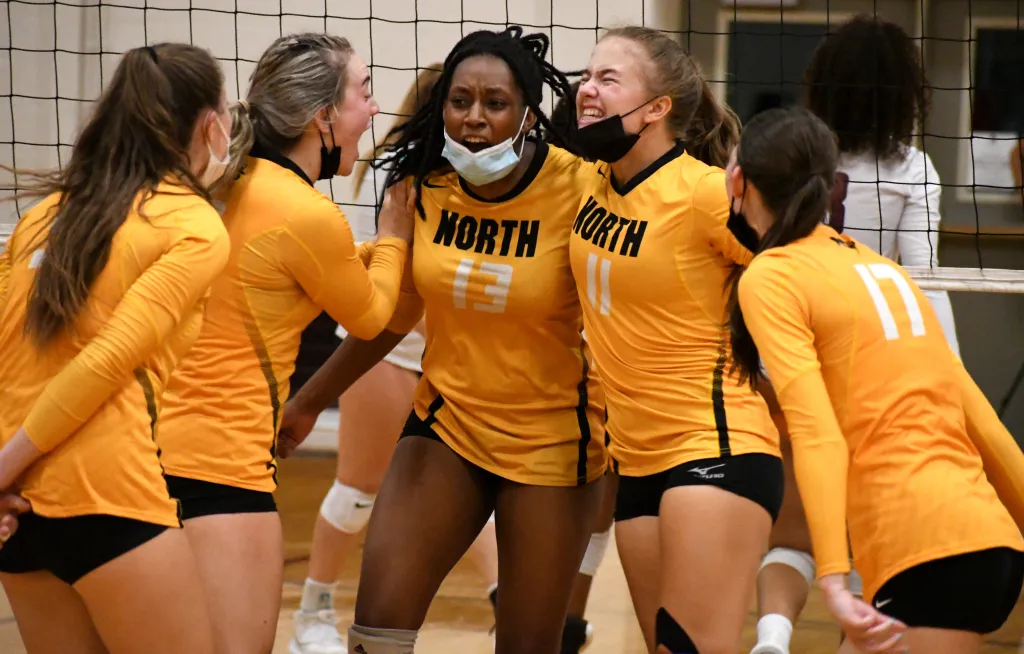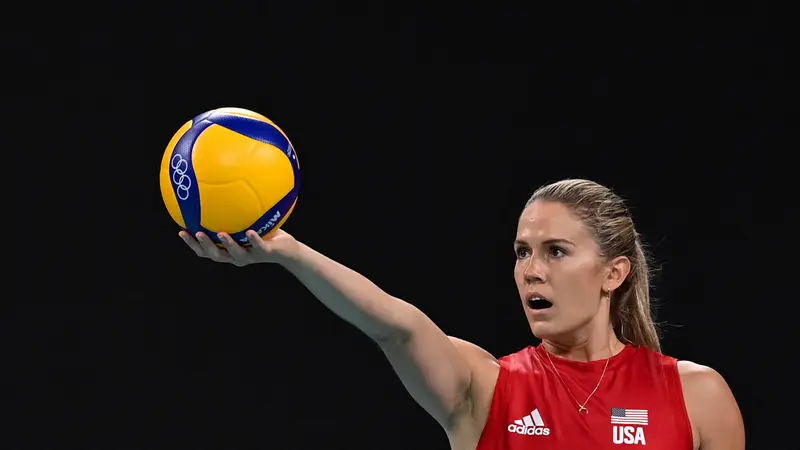As a coach, your primary goal should be to nurture and develop your players, both as athletes and individuals. However, there are unfortunately some misguided practices that prioritize winning over the holistic growth of athletes. In this article, we’ll delve into a detailed guide on how to wreck a player, focusing on three key aspects: Practice, Match Play, and Off-the-Court Life.
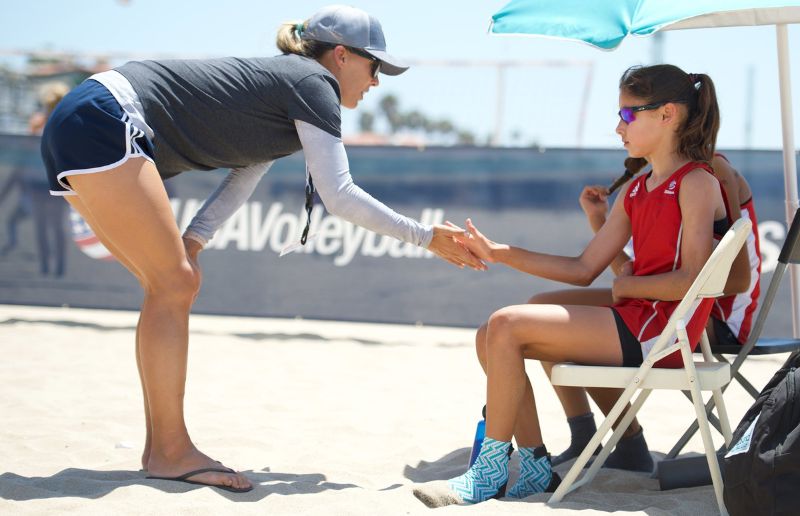
See also: Mastering Beach Volleyball
Practice
- Coach-Centric Drills: Design all drills to be controlled solely by the coach, robbing players of autonomy and decision-making opportunities.
- Lengthy Warm-Ups: Prioritize long warm-up sessions devoid of game-like activities, delaying actual skill engagement.
- Conditioning Before Skills: Exhaust players with intense conditioning before skill training to simulate playing tired, neglecting proper skill development.
- Training Until Pain: Commit to training sessions that push players to physical and mental exhaustion, disregarding their well-being.
- Eliminate Independent Thinking: Discourage players from thinking for themselves by consistently dictating actions instead of fostering problem-solving skills.
- Focus on Errors: Highlight player mistakes without constructive feedback or encouragement, creating a negative learning environment.
- Verbose Explanations: Overcomplicate instructions with wordy explanations rather than demonstrating desired outcomes efficiently.
- Long Lines in Drills: Promote lengthy lines in drills, allowing for excessive downtime and comparison among players, fostering a culture of unhealthy competition.
- Vague Feedback: Offer vague and unspecific feedback, hindering players’ understanding of areas needing improvement.
- Physical Punishment: Physically punish players for skill failures, instilling fear rather than promoting learning through positive reinforcement.
- Judgmental Atmosphere: Foster a judgmental environment where mistakes are heavily criticized, deterring risk-taking and innovation.
- Inconsistent Coaching: Maintain inconsistency in coaching methods and expectations, leading to confusion and frustration among players.
- Lack of Alternatives: Punish undesired behaviors without providing alternative solutions, hindering player growth.
- Overemphasis on Theory: Prioritize theoretical teaching methods over practical application, neglecting the importance of on-court experience.
- Retain Total Control: Suppress player input and influence to maintain absolute control over team dynamics and decision-making processes.
- Discrepancy Between Words and Actions: Display incongruence between verbal directives and personal behavior, undermining trust and respect.
- Use of Subtle Swearing: Employ subtle forms of profanity to assert dominance and intimidate players, fostering a toxic coaching environment.
- Rigidity in Schedule: Prioritize practice over other commitments, disregarding players’ personal lives and holistic development.
- Fear-Based Motivation: Motivate through fear by threatening demotion or punishment, creating a culture of anxiety and insecurity.
- Restriction of Skills Practice: Prevent players from participating in certain drills to maintain control and authority, hindering skill development.
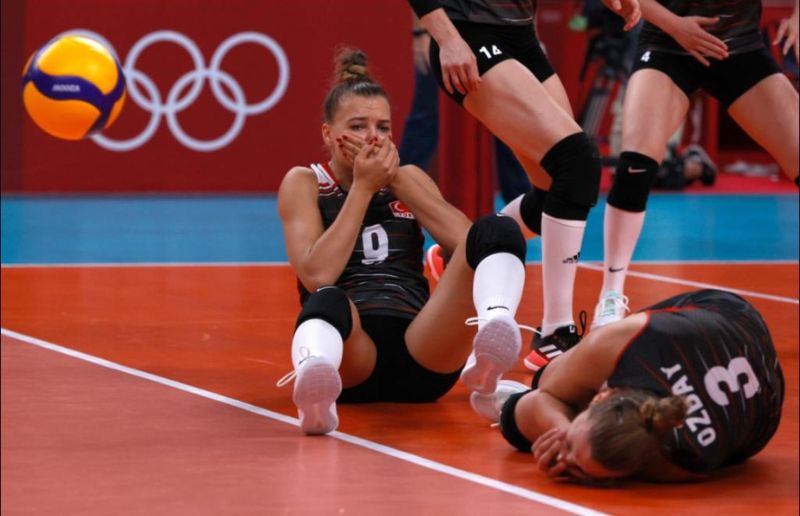
See also: The Evolution of Beach Volleyball
Match Play
- Criticism During Poor Performance: Publicly criticize players during matches for subpar performance, undermining confidence and morale.
- Disrespect Toward Officials: Demonstrate dissatisfaction with officiating through body language and vocalization, setting a poor example for sportsmanship.
- Unrealistic Expectations: Demand superior performance during matches, disregarding the physical and mental toll of rigorous training.
- Public Criticism: Berate players for mistakes in front of spectators, prioritizing public image over player dignity.
- Denial of Post-Match Rituals: Deny players post-match rituals or celebrations after losses, exacerbating feelings of defeat and humiliation.
- Threats of Replacement: Threaten players with replacement if they display signs of demotivation or disinterest, instilling fear rather than support.
- Immediate Substitution and Neglect: Immediately substitute underperforming players and ignore them on the bench, reinforcing feelings of inadequacy.
- Direct Confrontation with Officials: Confront officials directly from the court to assert dominance and control, prioritizing personal grievances over team performance.
- Celebration of Control: Rejoice in being the sole locus of control and authority, diminishing player autonomy and initiative.
- Encouragement of Infighting: Allow and even encourage infighting among players during periods of low performance, fostering a toxic team environment.
- Motivation through Threats: Motivate through intimidation and threats of punishment, creating a culture of fear and compliance.
- Controlled Warm-Ups: Dictate warm-up routines to maintain control and authority, disregarding player preferences and needs.
- Micromanagement of Serving: Direct players on where to serve without allowing them to learn strategic decision-making, limiting their development.
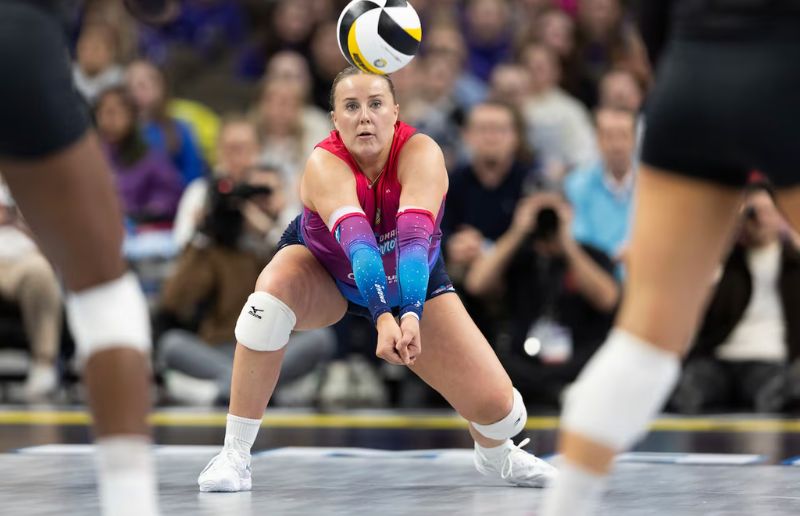
See also: Skills YOU Need to Be a Successful Volleyball Player
Off-the-Court Life
- Neglect of Academic Priorities: Discourage academic pursuits in favor of intensive training schedules, neglecting players’ educational well-being.
- Penalization for Academic Focus: Penalize players for prioritizing academic responsibilities over training, undermining their academic success.
- Neglect During School Semester: Increase training demands during academic peak periods, exacerbating stress and fatigue.
- Enforcement of Curfew and Restrictions: Impose strict curfews and restrictions on social interactions, isolating players from normal social experiences.
- Isolation from Family Influence: Limit players’ interactions with family members to maintain control and authority, disregarding familial support systems.
- Focus on Volleyball Only: Prioritize volleyball-related activities over cultural and personal experiences, neglecting players’ holistic development.
- Lack of Support in New Environments: Leave players to navigate unfamiliar environments alone, neglecting their well-being and safety.
- Narrow Focus on Volleyball Skills: Disregard opportunities for players to develop skills outside of volleyball, limiting their personal growth and interests.
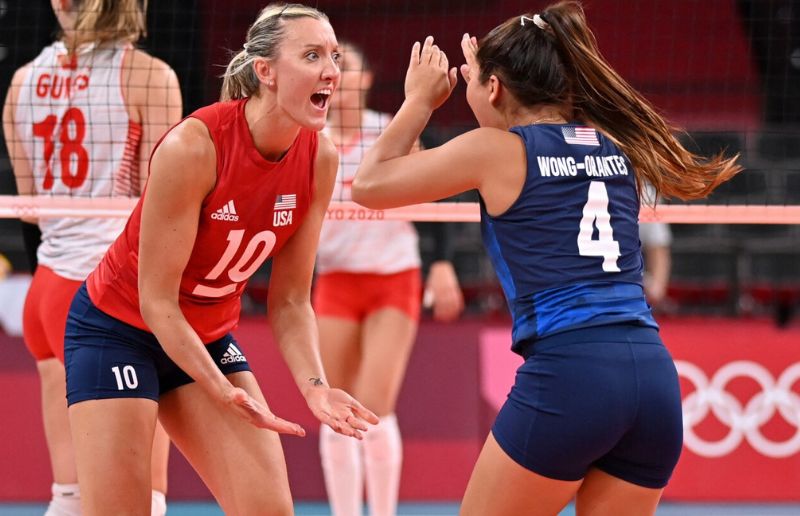
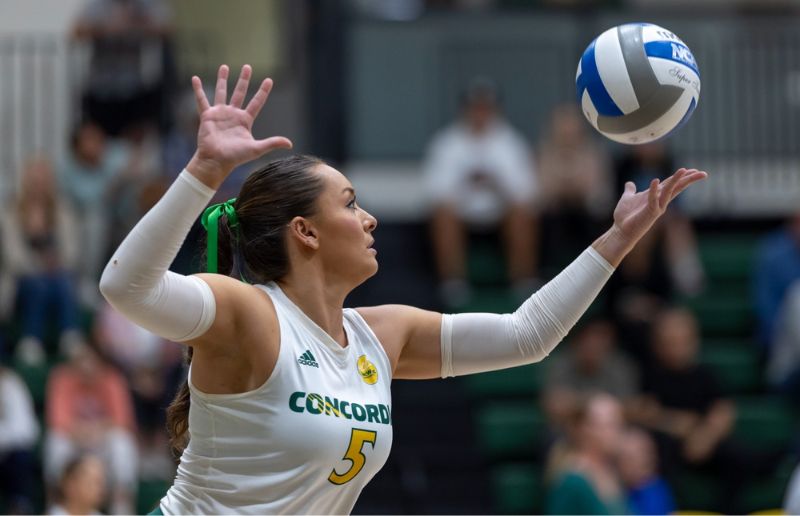
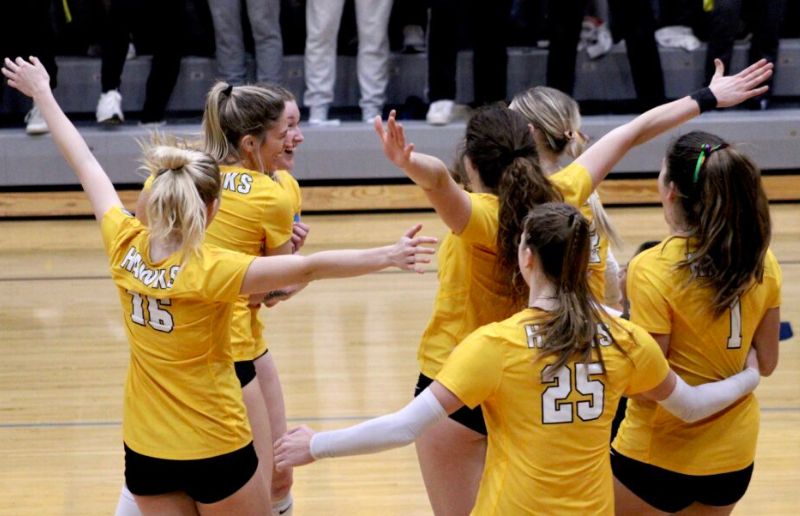
Conclusion
While winning may be a short-term priority for some coaches, true success lies in the long-term development and well-being of players. By following the misguided practices outlined in this guide, coaches risk undermining the potential and happiness of their athletes.
It’s imperative for coaches to prioritize positive and holistic development, fostering a supportive and nurturing environment where players can thrive both on and off the court. Remember, coaching is not just about winning games; it’s about shaping the lives of young athletes for the better.
